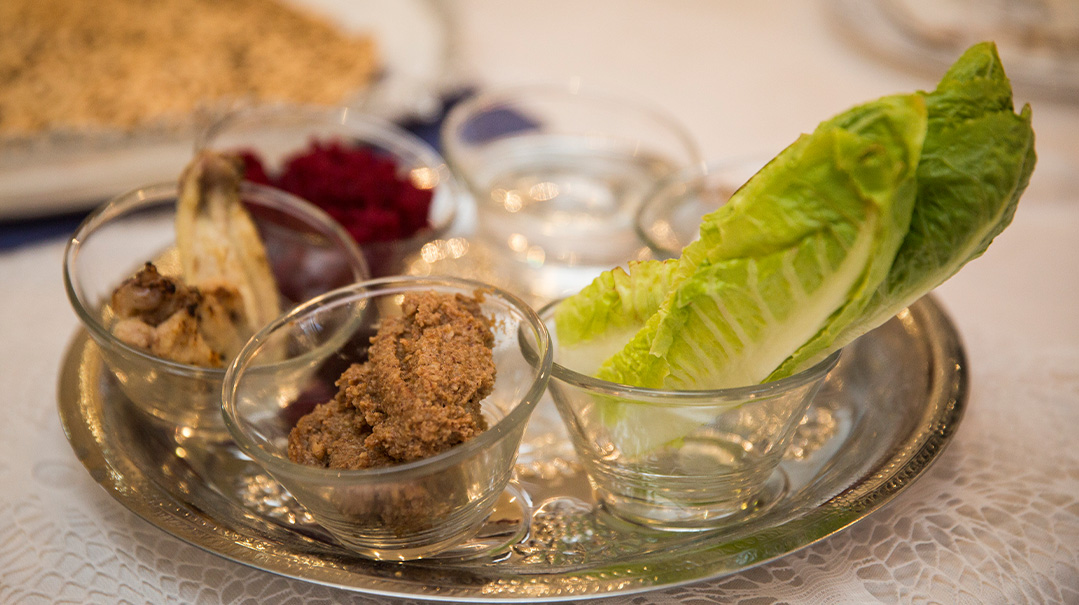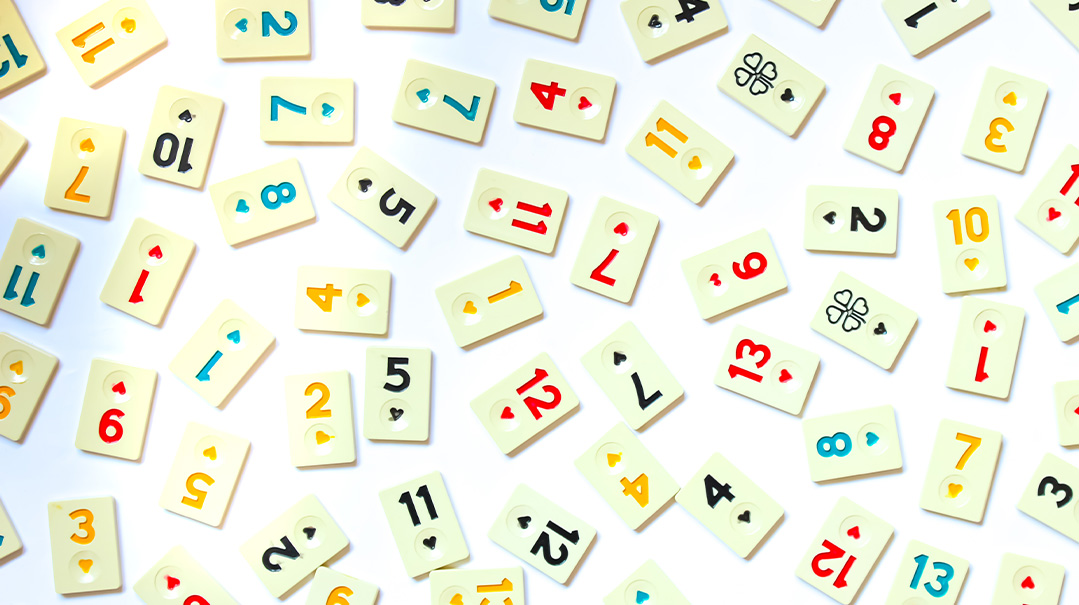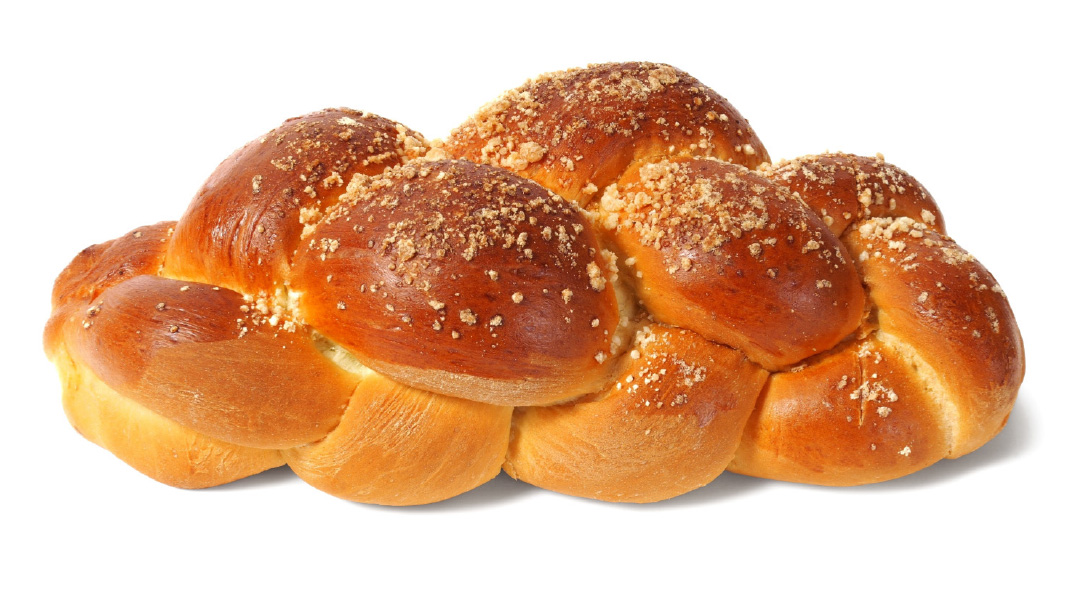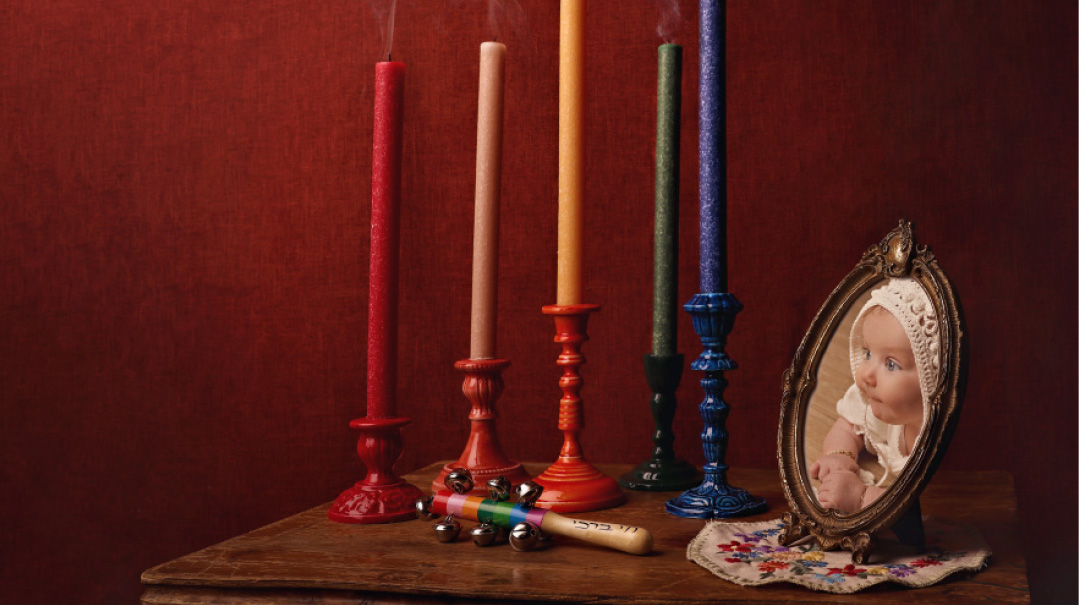Birth Pangs

I wait. I wait for the birth pangs, I wait for the mourning. But both are slow in coming
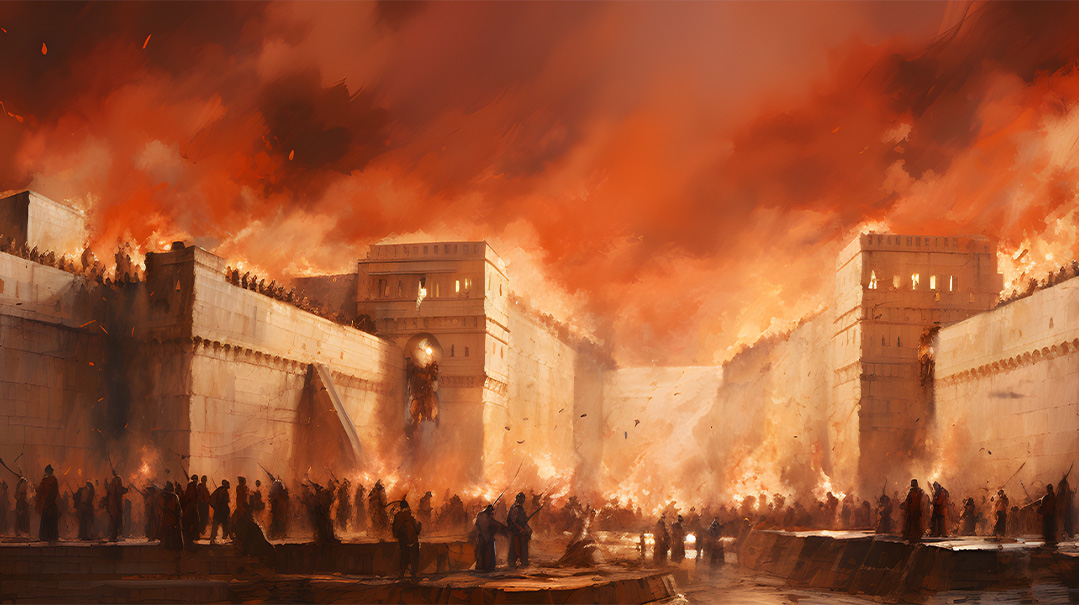
It’s been a year since I sat on the floor on Tishah B’Av, knees uncomfortably connecting with the giant baby I was carrying, waiting for salvation.
This is it, I think.
This is what waiting, truly waiting, for the Geulah feels like.
Every twinge, every sudden movement, and I think, here it is. Here we go. It’s starting.
And then I sink back onto the floor, clutching my Eichah, as I realize it was nothing at all.
I break my fast around midday, and then I give up. It’s never going to happen, I tell myself, heaving myself off of the cold Jerusalem floors. You’re going to carry this baby forever.
I think fleetingly of the morning, how positive I was that labor could begin at any moment, and shrug it off. It’s too long. Waiting is too hard.
I read my kinnos from the comfort of a porch chair, sipping cold water and raspberry leaf tea. I look out at my corner of the Holy City, my personal oasis, white stone against azure sky, and think of how Hashem has no time constraints, how to Him, right now, Jerusalem is in flames.
I cry, because I’m uncomfortable and I’m scared and I don’t want Jerusalem to burn.
And I don’t want to bring another child into a world that isn’t getting better with each passing year, but worse.
I switch to the English translation of the kinnos, of Eichah, try to understand.
My children come home from Tishah B’Av camp, filled with songs and projects and stories. This is galus, I think. A woman waits to bring new life into a world that Hashem sees filled with death at the moment. Men sit and cry on the floor while children laugh and sing about the same things their fathers shed tears over.
Eli Tzion v’arehah, kemo ishah b’tzirehah. Mourn Jerusalem and her cities, like a woman in her birth pangs.
I wait. I wait for the birth pangs, I wait for the mourning. But both are slow in coming.
For the children of her kings, sons of David her hero,
and for their beauty that was darkened at the time of the removal of her crowns.
For the glory that was bared at the destruction of her holiest places,
and for the pressure that was caused and placed sackcloths around her bodies.
My Yerushalmi children… they embody this city. I listen to their laughter, their solemn explanations to each other about what the day is about. Teach me, I tell them silently, mentally running through my hospital bag.
Teach me.
The baby kicks, but doesn’t come. I hold my breath.
No one teaches me.
We wade through dinner and bedtime, my husband comes, we eat muffins and coffee, then pasta and soup. The air fills with summer, and I wonder what Hashem sees now, as the washing machines around the world begin spinning out loads of towels and linens, and barbecue menus get scribbled on the back of grocery receipts.
Real camp begins tomorrow. I lay out sandals and short sleeves, pack cute drawstring bags and sunscreen. And then at two in the morning, it begins. The birth pangs.
I think of Jerusalem, how she waits, and how I waited with her, and yet here I am, leaving her behind.
I cry for her, then I cry for me.
The 17-year-old who runs over to babysit whispers a, “B’hatzlachah! Besorot tovot!”
“Amen,” I answer through gritted teeth. Amen.
And I have my besorot tovot. She’s almost ten pounds and has a shock of black hair and might be the most beautiful thing I’ve ever laid eyes on.
And now, almost a year later, I remember my Tishah B’Av awaiting the birth pangs of Geulah, me and Yerushalayim, two women in solidarity.
I remember waiting for something real, something tangible.
And I cry the tears of a broken heart.
Because Hashem, my Father, is still waiting.
Jerusalem, my city, is still waiting.
And me? Am I still waiting? Or have I long ago moved on….
(Originally featured in Family First, Issue 852)
Oops! We could not locate your form.

